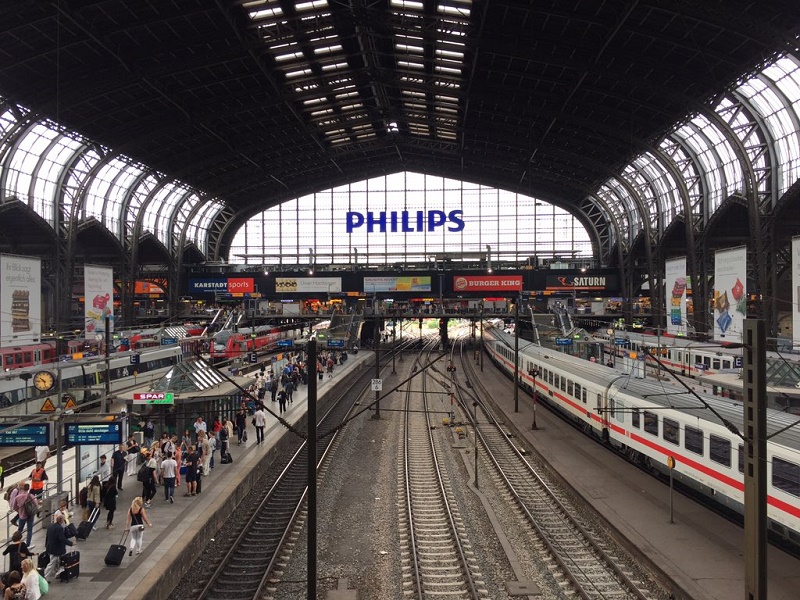How Did the German Railways Become So Unreliable?
Deutsche Bahn – the German national railways – once had a strong reputation for punctuality and quality, but today it is seen as unreliable.
Delayed trains
According to Deutsche Bahn’s own punctuality data for 2024, well over a third (37.5%) of all long-distance trains were delayed, meaning they arrived six minutes or more behind schedule.
Looking further back in the historic data, a clear trend emerges of German Railways becoming increasingly unreliable year after year.
In 2004 – the best-performing year since Deutsche Bahn began recording network-wide punctuality data in 2003 – only 15.7% of long-distance trains were delayed.
The records therefore show a dramatic decline over the past two decades.
Just two weeks ago, Deutsche Bahn CEO Richard Lutz was dismissed by Germany’s transport minister, Patrick Schnieder, as politicians and passengers grow increasingly frustrated with what many see as years of mismanagement at the German Railways.

ICE train at Rostock Hbf. ©AndyBTravels
What caused the decline of the German Railways?
In an interesting interview with global affairs and lifestyle magazine Monocle, rail expert Christian Böttger shared his views on what is causing “Germany’s train chaos”.
The German rail expert said that “soaring traffic has overwhelmed an ageing network”, which combined with Deutsche Bahn’s “failed workforce planning” has led to “shortages in drivers, controllers and technicians”.
Mr Böttger told Monocle: “At key hubs such as Köln or Frankfurt, even a minor disruption now triggers delays across the entire network.
“Meanwhile, management has become bloated yet oddly absent when problems arise.
“There are plenty of people in charge – just never the right ones when something goes wrong.”
According to Mr Böttger, part of the blame for the unreliability of the German Railways lies with its leadership, which “shifted its focus abroad, selling assets to finance the company’s foreign ventures” for short-term financial gain while neglecting the national rail network.
Recommendations
Although the German federal government has promised a massive support package worth €107 billion to improve trains nationwide, Mr Böttger believes that money alone will not be enough to solve the problems across the railway network.
He said: “No infrastructure programme can succeed unless DB itself changes.
“The company’s sprawling bureaucracy needs streamlining, its governance tightening and clearer lines of accountability established.
“Today, not even the federal government has effective control.
“Without a serious overhaul of DB’s management structures, outdated technologies and cumbersome regulations, even a generous injection of capital won’t get us far.”
According to Mr Böttger, there should also be a clear “separation of infrastructure from operations”, as this would “secure the network’s independence and create a fairer playing field for competition”.
However, the German rail expert said that all of this won’t matter unless Deutsche Bahn first addresses its acute workforce shortage, which remains one of the most pressing issues.

Hamburg Hbf. ©AndyBTravels
AndyB’s take
The problems at Deutsche Bahn are nothing new for Germans or for foreign travellers who have used the system regularly in recent years.
Although some outsiders still view Germany as a country where everything runs smoothly and trains are always punctual, this has not been the case for at least two decades, as the railways have undergone a slow but steady decline.
I’ve been travelling on Deutsche Bahn since its glory days before 1989 and have witnessed its slow but steady decline over time.
The decline in maintenance in preparation for a privatisation that never happened has left the Germans playing catch-up ever since!





